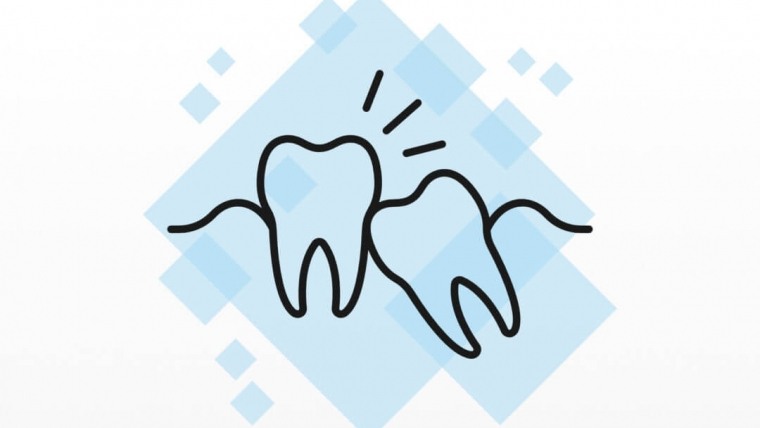It’s summer time and in New England that means it’s the most active time of year. You’re probably already out and have big plans for months of fun. Have you joined up with a recreational league or done a competition yet? Remember that your teeth are vulnerable to trauma during high-contact play! Here is what you need to know about mouth guards to ensure that you have a safe, fun summer!
Contact Sports: Totally Fun, But with Some Risk
Look, we’re a dental office named after a beloved sports stadium. We are here for sport and encourage a healthy lifestyle that is active and fun. Getting out and joining a team is a great way to get exercise, make strong social connections, and be part of a great community!
When playing high-contact and impact sports like soccer, rugby, football, hockey, lacrosse and others, it’s important to use the right protective equipment to keep the vulnerable parts of your body from injury. A mouth guard is a vital piece of protective equipment because it protects the teeth from collision fracture and trauma.
Most dental injuries from sport are minor, with chipped teeth being a common example. It is unlikely that you will dislodge or completely knock out a tooth while playing a sport, though these are injuries that can happen. A mouth guard protects against such accidents by creating a barrier that absorbs impact and keeps the teeth in place. Mouth guards typically cover the upper teeth because they are more forward than the bottom teeth, making them more vulnerable to injury.
There are different types of protective sports mouth guards, including custom-made, boil and bite, and “stock” protectors that don’t conform to your teeth. The American Dental Association has information on all three types and more information on how to use mouth guards effectively.
What to Do If You Experience a Significant Dental Trauma While Playing a Sport
If you experience a traumatic injury while playing a sport, there are steps you should take right away to help prevent further harm and even potentially save your teeth. First and foremost, seek immediate treatment to stop possible hemorrhaging. Gauze or even a wet tea bag can help stop the bleeding while you make your way to the hospital or dental office. It’s vital to seek a medical professional to have your teeth checked for damage and have effective treatment.
This is a good time to remind you that endodontists are particularly helpful for situations like this. We specialize in traumatic dental injuries thanks to years of extra training in specialty techniques.
Another Mouth Guard You Should Know About
There are other mouth guards designed to protect your teeth from trauma that you may not know about, namely night-guards. Night-guards are specifically designed to help guard your teeth from damage done from bruxism, a condition that causes teeth grinding or clenching, which can be damaging for your teeth. Bruxism can happen during the day or night, but the nighttime grinding is especially worrisome because a person may not be aware that they are doing it until well after the damage is done.
Nightguards are custom-made by a dentist by taking impressions of both jaws and fabricating a hard acrylic nightguard that has a smooth, flat surface made for the upper teeth. The lower teeth slide against the nightguard at night, preventing the grinding that does so much damage. A custom-made nightguard can be costly and is not always covered by insurance. However, such a tool may be worth the investment to prevent having to seek treatment in the future.
Whether it’s for a summer of fun or peaceful sleep in the night, mouth guards provide protection and peace of mind for your good oral health. Do your research and consider what you can invest before making your purchase, but know that it’s worth it to prevent your teeth from trauma. The right equipment for your mouth ensures that whatever situation may arise, you’ll be ready!
Wonder how an endodontist can help you in case of sports injury or other emergency? Give us a call! We’d love to know more about your needs and would be happy to tell you how we can be of service.





